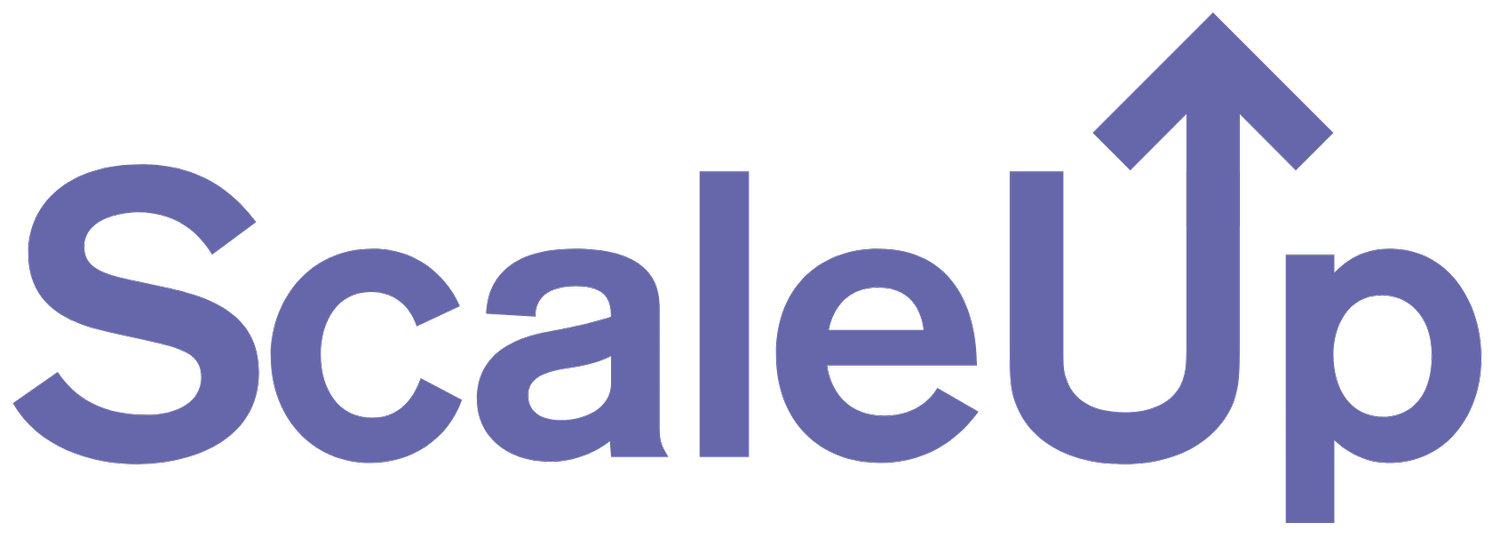Best Financial Software for Startups Preparing to Scale (2025)
Startups entering a scale-up phase face a new layer of financial complexity: more people, more transactions, more compliance. Choosing software that grows with you is essential for efficiency and investor readiness.
This guide focuses on financial tools built to support scaling operations. Whether you're expanding your team, formalizing your accounting, or preparing for funding rounds, these platforms offer structure without slowing you down.
New to the landscape? Start with the ultimate guide to financial software for a framework on features, pricing, and add-ons. If you already know your needs, jump to the feature-by-feature comparison and confirm numbers in the 2025 pricing & fee guide.
Tools That Scale with Your Team
QuickBooks Online
A go-to platform for growing startups. QuickBooks scales from simple bookkeeping to multi-user accounting with advanced reporting and payroll support.
User permissions and approval workflows
Optional payroll, 1099 filing, and time tracking
Widely accepted by accountants and CFOs
Zoho Books
Ideal for startups using the Zoho ecosystem. Zoho Books integrates with CRM, inventory, and project tools; perfect for scaling operations across functions.
Recurring billing and automation features
Role-based access for teams
Affordable for multi-user setups
Tools for Recurring Revenue & Client Billing
FreshBooks
Designed for startups billing clients by the hour or project. FreshBooks offers time tracking, invoicing, and payment collection in a clean interface.
Customizable invoices and recurring billing
Time and expense tracking per client or project
Ideal for agencies and consultants
HoneyBook
Great for service-driven businesses with a strong sales pipeline. Combines CRM, proposals, payments, and contracts in one place.
Manages full client lifecycle
Best for startups with sales or onboarding flows
Mobile-friendly for on-the-go teams
Want the bigger picture? Compare all leading tools side-by-side and check current pricing & fees before you decide.
Hands-Off Bookkeeping & Reporting
Bench
A service-based platform with real human bookkeepers. Bench handles your books so you can focus on growth and fundraising.
Monthly financial statements and tax support
Useful for investor-ready reporting
Optional add-ons for tax filing and catch-up bookkeeping
Tax-Ready Systems for Startup Compliance
Bonsai
More than just invoicing-Bonsai supports tax compliance, contracts, and contractor management. Ideal for hybrid teams and solo founders growing into larger operations.
Built-in 1099 tracking and quarterly tax estimation
Streamlined for teams using contractors or freelancers
Clean interface with minimal setup
What to Prioritize as You Scale
As your startup grows, look for tools that support:
Multi-user permissions and roles
Automated invoicing and billing cycles
Real-time reporting and dashboards
1099/contractor compliance
Cash flow forecasting and tax prep
Integration with CRMs, payroll, and banks
Recommendations by Growth Challenge
| Growth Challenge | Recommended Software |
|---|---|
| Expanding internal team | QuickBooks, Zoho Books |
| Client billing at scale | FreshBooks, HoneyBook |
| Reducing founder finance time | Bench, Bonsai |
| Investor-ready reporting | Bench, QuickBooks |
| Managing contractors/freelancers | Bonsai, Zoho Books |
For scaleups, the most effective financial software helps lay the groundwork for smarter decisions, easier compliance, and long-term operational stability.
ScaleUp Tip
Startups preparing to scale should consider not just core features but also onboarding, migration support, and how easily financial data can be audited or shared with investors. These behind-the-scenes elements are often what make or break a finance stack as complexity increases.

